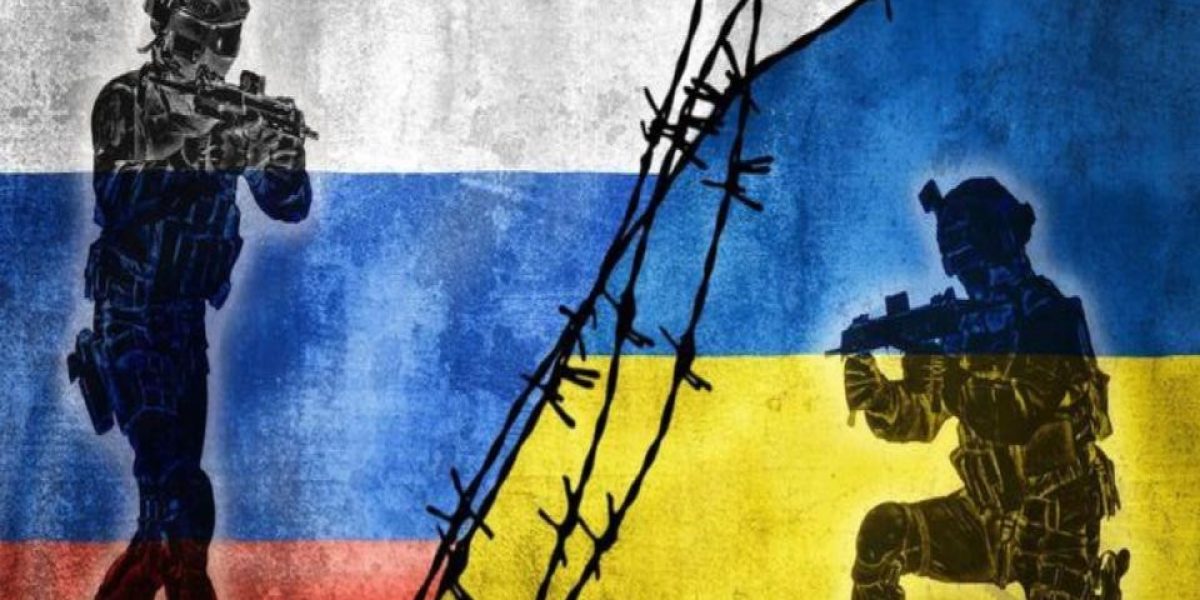Historical Memory during the Russo-Ukrainian War in the Central and Eastern Europe: Statism, Securitization, and Decolonization

Faculty:
This course focuses on historical memory as one of the main battlefields of the war between Russia and Ukraine. Not only in Ukraine and Russia, but also in other Central and Eastern European countries, states have increased their control over historical memory, securitized the sphere of humanitarian policy and are now discussing the “purging” of imperial markers from public space.
We will begin by examining the memoryscape in the Central and Eastern European region of memory, considering the concept of the “vulnerable nation,” which encompasses language, history, and memory – they are constantly threatened by prohibition and destruction. We will then analyze the important influence of state and national security on the politics of history and memory. Throughout the course, we will consider the impact of the Russo-Ukrainian war on the politics of the past in the main countries of the memory region. This will be Russia and Ukraine first of all, but also Poland, Belarus, the Baltic States, Germany, and other countries. We plan to zoom in on the legislative regulation of memory politics, the creation of concepts of genocides of own nation in each of the countries, and the conflicts between national and minority memories. Such concepts as the prohibition and criminalization of ‘enemy’ narratives that are considered a threat to the state, and decolonization will also be offered for analysis.
A background in the humanities or social sciences is helpful but is not required. Course participants will learn to read and analyze scholarly texts and find solutions related to memory wars and conflicts. Additionally, participants will work on group projects aimed at avoiding memory wars.
Guidelines for the Statement of Interest:
Craft a reflective statement of purpose explaining your interest in the Smolny Beyond Borders online course. Your statement’s clarity and substance will significantly influence our selection. Convey your motivations and aspirations for this course succinctly but thoroughly. Kindly write your statement in the course’s Language of Instruction.